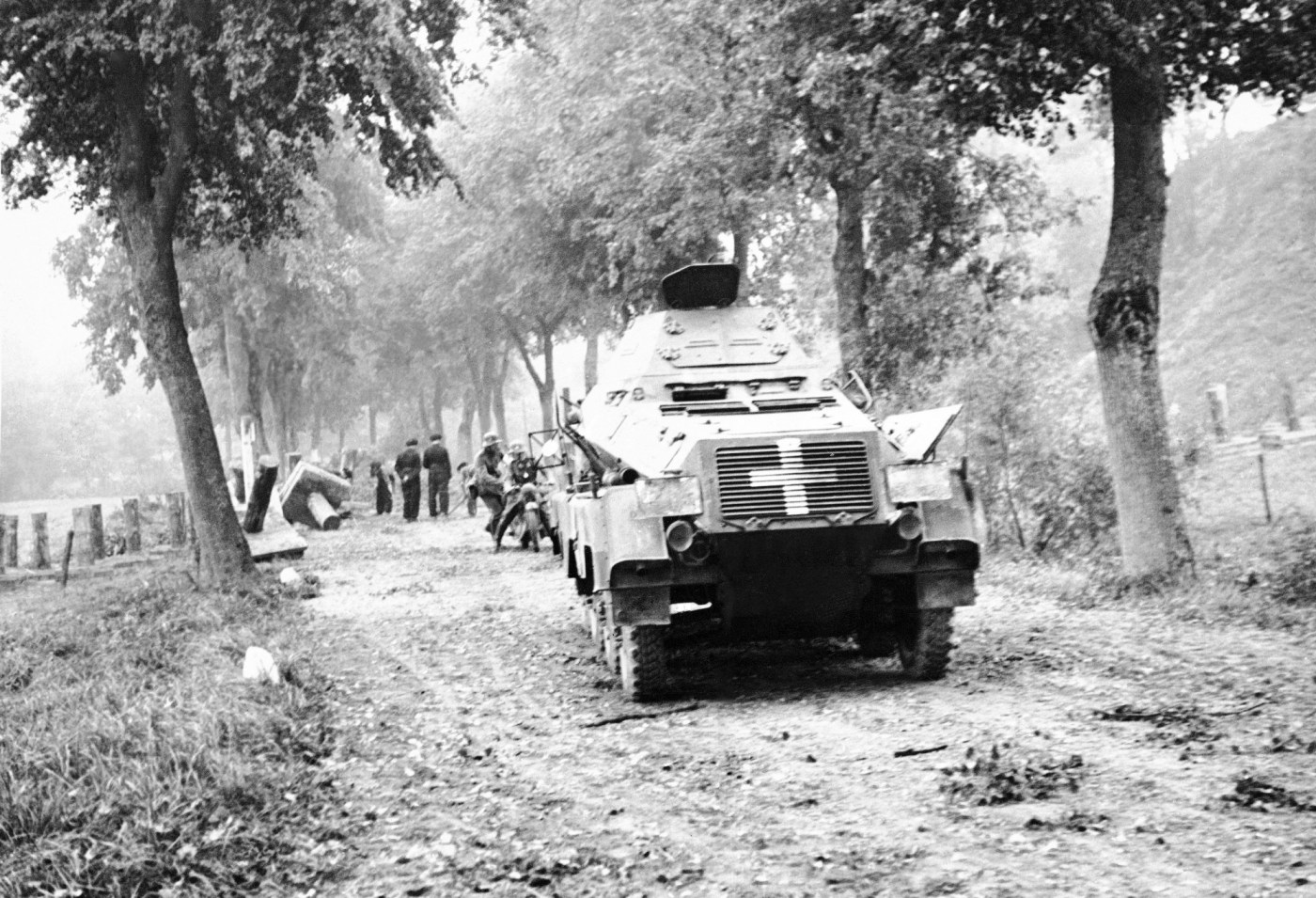On September 1, 1939, the invasion of Poland by Nazi Germany marked the beginning of World War II. This aggressive act, which involved coordinated military operations, signaled a significant escalation in global conflicts and set the stage for a war that would involve numerous countries and result in unprecedented loss of life.
Notable Events on September 1
This date is not only significant for the commencement of World War II; it also holds historical importance for several other events throughout the years. For instance, on September 1, 1715, King Louis XIV of France passed away after a remarkable 72-year reign. His great-grandson, the five-year-old Louis XV, succeeded him, ushering in a new era for the French monarchy.
In 1897, Boston opened the first section of its subway system, becoming the first city in North America to develop an underground rapid transit network. This innovation transformed urban transportation and laid a blueprint for future metropolitan transit systems.
Additionally, on September 1, 1914, the last known passenger pigeon, named Martha, died in captivity at the Cincinnati Zoo, marking the extinction of a bird species that once thrived in vast numbers across North America.
Major Historical Implications
On September 1, 1923, a devastating earthquake struck the Japanese cities of Tokyo and Yokohama, claiming approximately 140,000 lives and causing widespread destruction. This tragedy highlighted the vulnerability of densely populated areas to natural disasters.
The year 1964 saw Masanori Murakami make history as the first Japanese player to participate in a Major League Baseball game, playing for the San Francisco Giants. His debut marked a significant moment in sports, bridging cultural divides and paving the way for future international athletes.
In 1983, the downing of a Korean Air Lines Boeing 747 by a Soviet jet fighter resulted in the deaths of 269 people. The incident intensified Cold War tensions and raised questions about international airspace sovereignty.
The wreckage of the Titanic was discovered in 1985, 400 miles off the coast of Newfoundland, by a U.S.-French expedition. The find reignited global interest in the ill-fated ocean liner and its tragic story.
More recently, in 2004, a terrorist attack in Beslan, North Ossetia, Russia, resulted in over 330 deaths, including many children, during a hostage crisis at a school. This event underscored the ongoing global issues related to terrorism and security.
In 2015, Kim Davis, a clerk in Rowan County, Kentucky, made headlines when she denied marriage licenses to same-sex couples, citing religious beliefs. This act of defiance against federal court rulings led to her imprisonment and sparked national debates on marriage equality and religious freedom.
Recognizing Birthdays
September 1 also marks the birthdays of notable figures. Alan Dershowitz, a prominent attorney and law professor, turns 87 today. Comedian and actor Lily Tomlin celebrates her 86th birthday, while singer Barry Gibb of the Bee Gees turns 79.
Other celebrants include talk show host Dr. Phil McGraw at 75, singer Gloria Estefan at 68, and TV host-author Padma Lakshmi at 55. The list continues with actor Scott Speedman at 50 and composer-producer Ludwig Göransson at 41, concluding with the talented actor-singer Zendaya, who turns 29.
As history continues to unfold, September 1 remains a date of reflection, reminding us of the significant events that have shaped our world.





































































